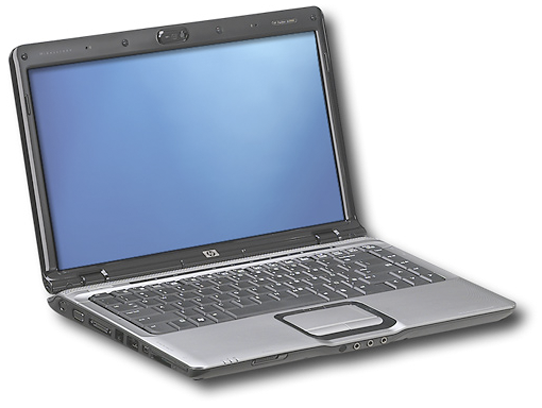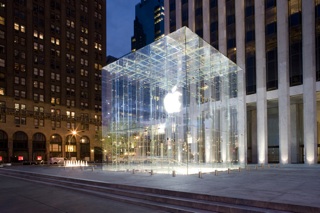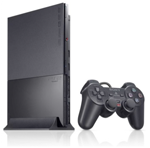The persisting popularity of netbooks has been a major drain on Microsoft’s Windows client licensing revenue. The worldwide economic downturn has driven many people to purchase cheaper machines, but I believe that the netbook’s ascension also reflects changing consumer tastes.
Windows client licensing revenue fell $1 billion from last year, and Microsoft’s unearned revenue from multi-year license agreements has flatlined.
Unless Windows 7 proves wildly popular, the company’s prospects for restoring its Windows business to its past luster appear to be grim. I expect that the company will experience a cyclical earnings bump that will crest near where previous Windows releases have in the past, but growth will be less substantial.
That is because there are simply too many alternatives, with the Web acting as the great equalizer. I access Gmail just as quickly on a netbook running Linux as I would on a higher end laptop powered by Windows. And even though netbook hardware is wimpy by current standards, netbooks are as powerful as high-end machines were on the not-too-distant past
Not everyone is a developer or a gamer. I believe that the netbook meets the “good enough’ threshold for most people, and there is a decent assortment to choose from on the market.
Many of those people may have been compelled to purchase a netbook by financial reasons, but it is highly possible that many will be satisfied enough to purchase another netbook in the future. It could mean a permanent change in consumer buying behavior.
Microsoft seems to understand that, because it is downplaying netbooks at every chance it can get, and is attempting to direct customers toward more expensive alternatives. But the industry has failed to create really compelling products that would “wow’ me into paying more–so far.
I am reminded of my late grandmother, who was a child of the Great Depression. She wouldn’t spend money needlessly, and would reuse what she had (including tinfoil). People are experiencing varying degrees of hardship during this recession, and it is not unreasonable to expect that their spending habits will be permanently altered.
Consequently, if Microsoft does not see its market share slide, it will see its revenues fall. It cannot charge as much for a copy of Windows on a $400 machine than it would have traditionally done on more expensive systems. The Windows cash cow is slowly beginning to dry up.

 PC shipments are set to decline for the first time since 2001,
PC shipments are set to decline for the first time since 2001,  Apple certainly made it through this past quarter in great shape. Nobody is complaining about the company’s results, which by all accounts were stellar. However, Cupertino does have a retail arm, and like any other it’s beginning to struggle.
Apple certainly made it through this past quarter in great shape. Nobody is complaining about the company’s results, which by all accounts were stellar. However, Cupertino does have a retail arm, and like any other it’s beginning to struggle. Responding to the unfavorable economic environment, Sony is slashing the price of its PlayStation 2 gaming console to under $100. The price cut is also aimed at
Responding to the unfavorable economic environment, Sony is slashing the price of its PlayStation 2 gaming console to under $100. The price cut is also aimed at  For Circuit City, it passed for good news: On Friday,
For Circuit City, it passed for good news: On Friday,  Liquidation: It’s an ugly word for the ugly process of shutting down a retailer by selling off stuff little by little until there’s nothing left that anyone’s going to buy at any price. And my most recent visit to my local branch of the
Liquidation: It’s an ugly word for the ugly process of shutting down a retailer by selling off stuff little by little until there’s nothing left that anyone’s going to buy at any price. And my most recent visit to my local branch of the